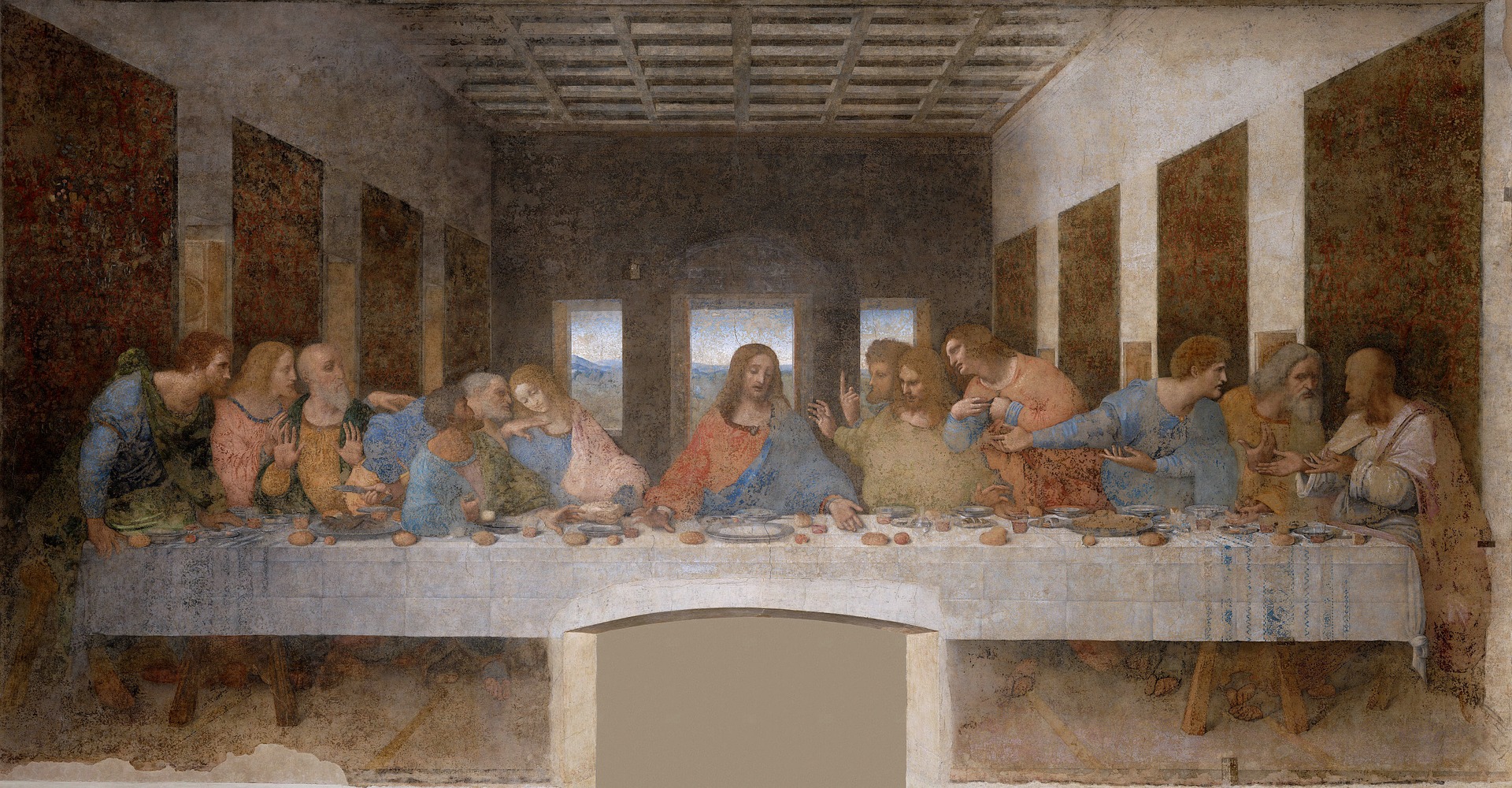The most significant events of the Christian faith occur during Holy Week. The death and resurrection of Jesus Christ reveals the profound depths of who God is, why God acts, and how we fit within that picture. For centuries, the church has celebrated Good Friday and Easter Sunday in all manner of ways. But another important aspect of Holy Week is Maundy Thursday, although the word “maundy” is not exactly run of the mill lingo’. It’s puzzling — a bit like the odd attachment of the word “good” to the remembering of Jesus’ death. Where does this strange word come from, and what exactly does it mean?
Maundy is derived from the Latin mandatum, from which the English word ‘mandate’ is derived. And as you probably know, a mandate is a commandment or commission. In his final days Jesus and his disciples gathered together in Jerusalem for the Passover festival. (Think of Da Vinci’s painting of The Last Supper.) It was during that last supper that Jesus said to his disciples: “I give you a new commandment, that you love one another. Just as I have loved you, you also should love one another. By this everyone will know that you are my disciples, if you have love for one another.” (Jn. 13:34-35)
To the disciples, the old command would have been clear: “You shall not take vengeance or bear a grudge against any of your people, but you shall love your neighbour as yourself: I am the Lord” (Lev. 19:18) This love was binding for all of Israel; a neighbour was more than someone sharing physical proximity; they were a person who was part of the covenant community of Israel. This commandment directed the community to share life in such a way that loving others were treated as an integral part of your life. In this way the needs of all were more important than the demands or claims of any individual. At its best this ideal sought to create a flourishing community, though realistically the command often served to highlight human shortcomings.
The new commandment of Jesus builds on this old command to love your neighbour. It does so by establishing Jesus as the exemplar, the role model who put his words into action. Jesus says love one another (your neighbour) as I have loved you, and the disciples saw how Jesus loved. They experienced an extraordinary expression of it. Immediately prior to giving this new commandment, Jesus did the unthinkable. As their rabbi, he washed his disciples’ feet.
Foot-washing is typically practised in a Maundy Thursday service as a radical expression of Jesus’ commission to love and serve one another. To humble ourselves and give, for the benefit of another.
In our current context, there are countless examples of this as people are responding generously to this global pandemic. So many people around the world are serving others at their own expense. It’s is an awesome testimony to humanity at its best.
Holy Week, and especially Maundy Thursday, reminds us that this kind of behaviour provides a glimpse into the divine nature. God, in Jesus Christ, came not to be served but to serve. But with God, this way of being isn’t for a season or for a crisis; it is the eternal and fundamental nature of God.
Let’s not forget this Easter that our obedience to Jesus’ mandate is our witness to the world.
“I give you a new commandment, that you love one another. Just as I have loved you, you also should love one another. By this everyone will know that you are my disciples, if you have love for one another.” (Jn. 13:34-35)
Rev Nigel Rogers
Dean of Formation and Dispersed Learning at Trinity College Queensland






